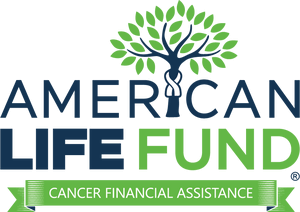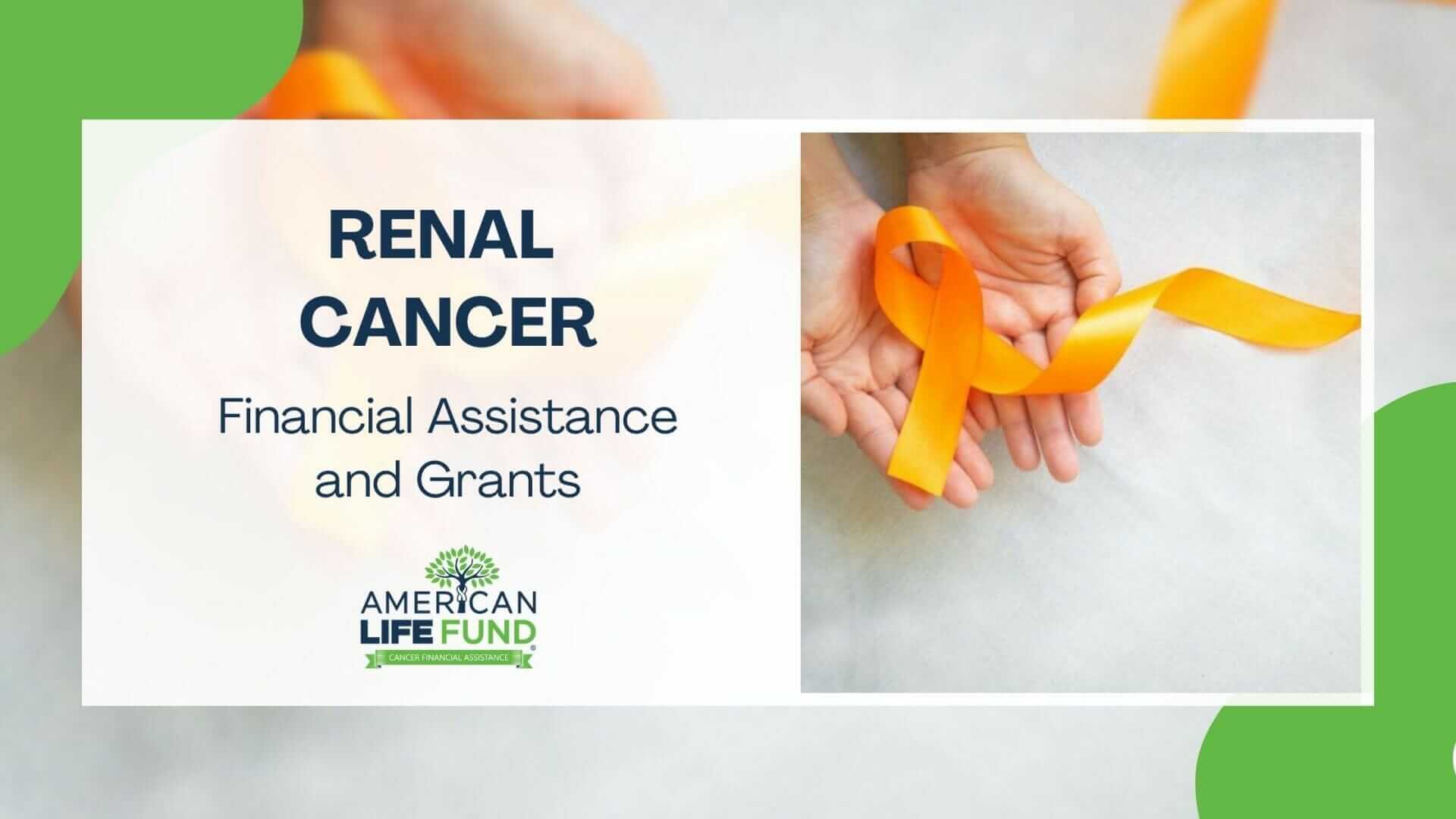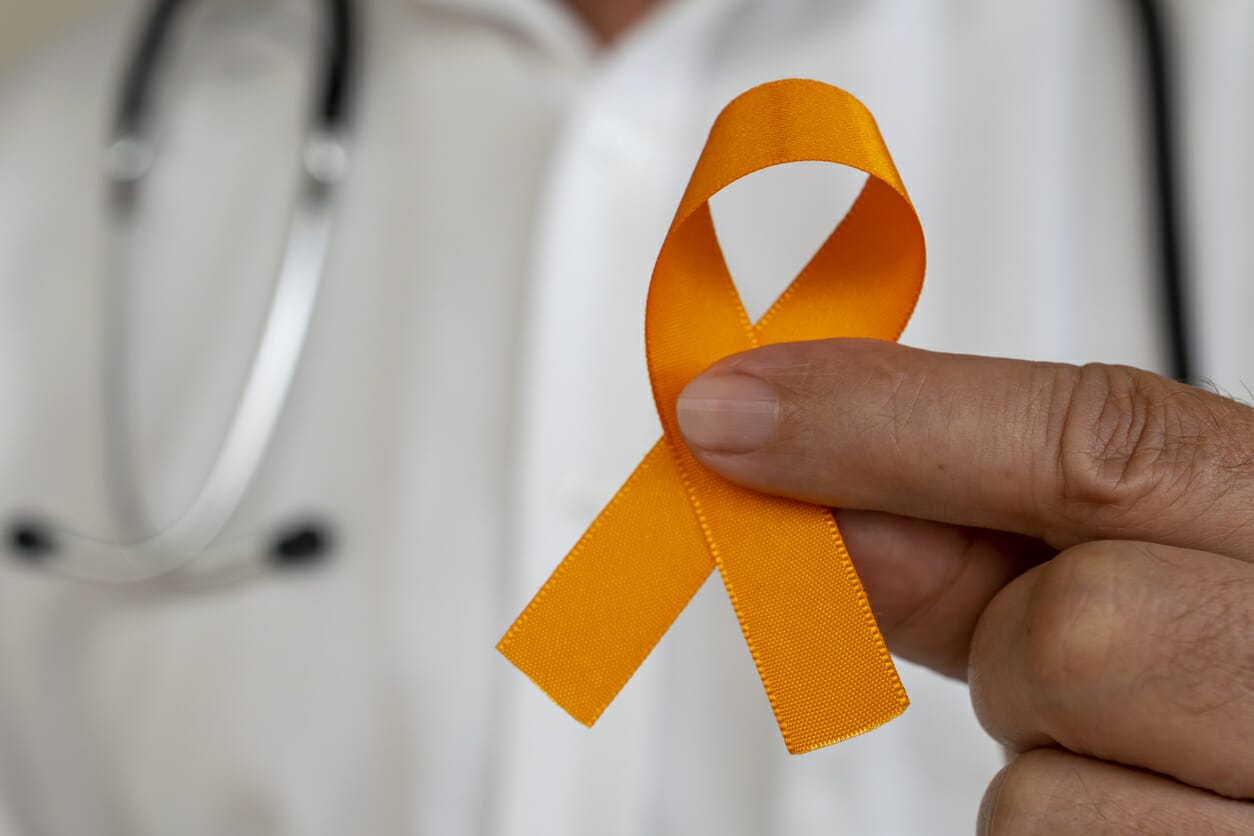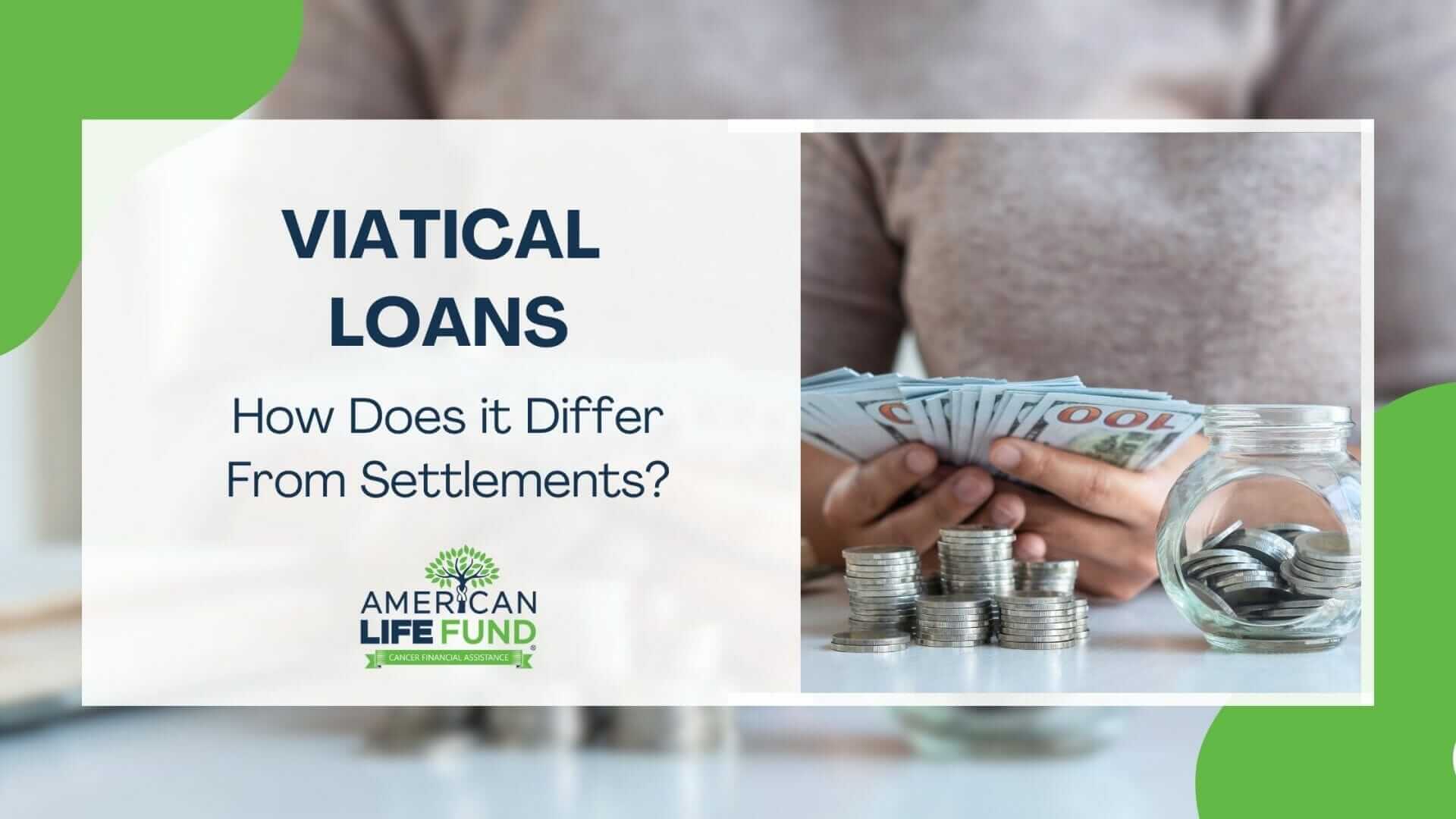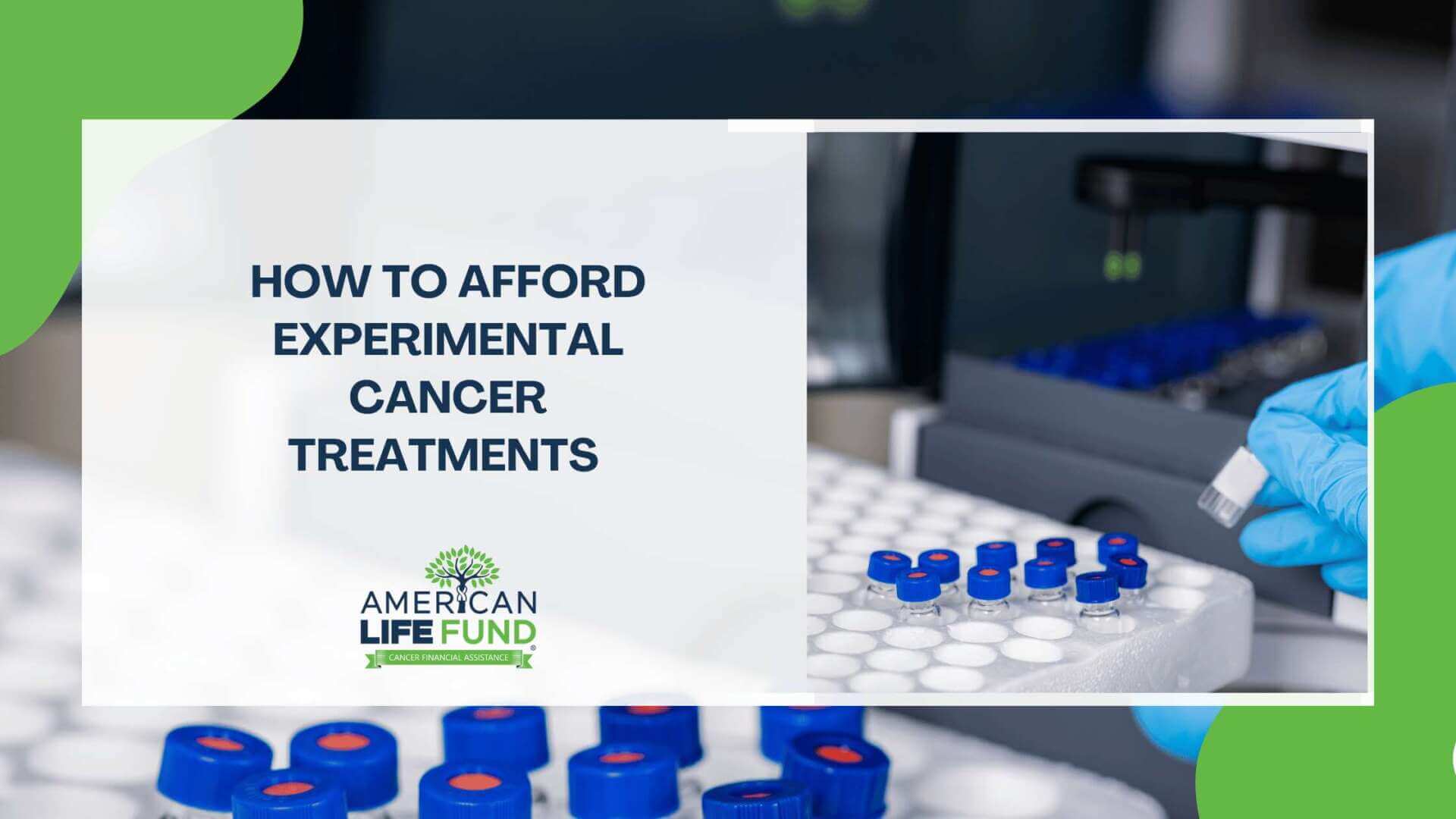Key Takeaways
- Renal cancer treatment can be expensive, but help is available.
- Viatical settlements provide immediate funds by selling life insurance policies.
- Organizations like the American Cancer Society, CancerCare, and the HealthWell Foundation offer financial aid for treatment costs.
- The Kidney Cancer Association provides resources on financial assistance.
- NeedyMeds helps with medication costs.
- Government programs like Medicaid, Medicare, and SSDI offer additional financial support.
If you or someone close is dealing with renal cancer and the costs that come with it, there is financial help available. Start by looking into organizations like the American Cancer Society, CancerCare, the HealthWell Foundation, the Kidney Cancer Association, and NeedyMeds. These groups offer programs specifically aimed at reducing the financial stress of treatment and related expenses.
Make sure you understand what you need to qualify for each program and apply where you fit. Don’t hesitate to contact these organizations directly for more information about the support they offer. Remember, you’re not alone in this—there are resources and support systems designed to help you manage the financial aspects of renal cancer care. By exploring multiple assistance options and keeping up with new opportunities, you can significantly ease the financial challenges of renal cancer treatment.
How To Find Financial Assistance For Renal Cancer Patients
Dealing with the financial challenges associated with renal cancer can be a daunting task. However, there are steps you can take to find the financial assistance you need. Here’s a guide to help you navigate this process:
Research Reliable Sources
Please begin your search by researching reputable sources and organizations that assist renal cancer patients with their financial burdens. The resources provided earlier in this page, such as the American Cancer Society, CancerCare, the HealthWell Foundation, the Kidney Cancer Association, and NeedyMeds, are excellent starting points.
Understand Eligibility Criteria
Each financial assistance program may have specific eligibility requirements. Review the eligibility criteria for each program carefully to ensure you meet the necessary qualifications. It’s essential to determine your eligibility before proceeding with the application process.
Contact the Organizations
Once you’ve identified potential sources of assistance, reach out to these organizations directly. Contact their helplines, visit their websites, or utilize any available online contact forms to get in touch. Speak with their representatives or counselors to gain a better understanding of the assistance programs they offer and to address any questions or concerns you may have.
Complete the Application
After confirming your eligibility and discussing the available programs, proceed with the application process. Most organizations will require you to complete an application form and provide documentation to support your request for financial assistance. Ensure that you submit all required documents accurately and within the specified deadlines.
Seek Guidance
If you find the application process challenging or have questions, don’t hesitate to seek guidance from the organizations. They often have dedicated personnel or patient navigators who can assist you in completing the application accurately and efficiently.
Explore Multiple Resources
Financial assistance may come from various sources, so it’s a good idea to explore multiple funding options. Some programs may cover specific expenses, while others offer more comprehensive support. By tapping into multiple resources, you can optimize the financial assistance you receive.
Stay Informed
Financial assistance can change over time, and new opportunities may become available. Stay informed by visiting the organizations’ websites and contacting their representatives to ensure you know the latest offerings and updates.
Seek Support from Your Healthcare Team
Your healthcare team can also be a valuable resource in finding financial assistance. They may have insights into available programs and can guide navigating the system.
Be Patient and Persistent
Applying for financial assistance may require time and patience. It’s not uncommon to encounter challenges during the process. Stay persistent, follow up with organizations if necessary, and continue to explore different avenues for support.
Renal Cancer-Specific Financial Grants From Organizations
In addition to general financial assistance plans, some organizations specifically offer grants and support tailored to individuals diagnosed with renal cancer. These organizations recognize the unique challenges that renal cancer patients face and provide specialized patient assistance programs. Below are some key organizations offering financial assistance for renal cancer patients with specific financial grants:
The Kidney Cancer Association
Website: www.kidneycancer.org Contact: 1-800-850-9132
The Kidney Cancer Association is dedicated to serving kidney cancer patients, including those with renal cell carcinoma. They offer grants and financial support to assist patients with the costs associated with their diagnosis and treatment. The association’s Patient Navigator Program can help you explore available financial aid options. The Kidney Cancer Association also offers financial assistance through the Patient Assistance Fund Program to help individuals with kidney cancer.
The American Kidney Fund
Website: www.kidneyfund.org Contact: 1-800-638-8299
The American Kidney Fund specializes in providing support to individuals with kidney disease, which includes renal cancer. They offer financial assistance programs for patients facing financial hardships. These patient assistance programs can help with expenses related to medications, dialysis treatment, transportation, and other health care costs and insurance premiums.
The American Cancer Society’s Hope Lodge
Website: www.americancancersociety.com Contact: Varies by location (find local contacts on their website)
The American Cancer Society operates Hope Lodge facilities across the United States, offering free lodging to cancer patients and their caregivers who must travel for treatment. Staying at a Hope Lodge can significantly reduce the financial burden of accommodation during cancer treatment. Contact your local Hope Lodge for details on availability and eligibility.
Patient Advocacy Foundation – Co-Pay Relief Program
Website: www.copays.org Contact: 1-866-512-3861
The Patient Advocacy Foundation’s Co-Pay Relief Program assists insured renal cancer and kidney failure patients with the cost of medications and insurance co-payments and premiums. They help eligible kidney failure patients access prescription drugs without excessive financial strain.
The HealthWell Foundation
Website: www.healthwellfoundation.org Contact: 1-800-675-8416
The HealthWell Foundation offers financial assistance to patients with chronic illnesses, including renal disease and cancer. Their Renal Cell Carcinoma Fund provides grants to help cover the costs of medications and treatment-related expenses.
Government Financial Assistance Programs
In addition to nonprofit organizations and private foundations, government agencies at the federal and state levels provide financial assistance to individuals diagnosed with renal cancer. These programs are designed to help patients manage the financial burdens associated with medical expenses and related costs. Here are some key government financial assistance programs:
Medicaid
Website: www.medicaid.gov Contact: Varies by state (Find your state’s Medicaid agency on the website)
Medicaid is a state and federally-funded program that provides comprehensive healthcare coverage, including assistance with medical bills, for low-income individuals. Eligibility requirements vary by state, but individuals diagnosed with renal cancer may qualify for coverage and financial assistance through Medicaid. Contact your state’s Medicaid agency to determine your eligibility and apply.
Medicare
Website: www.medicare.gov Contact: Varies by state (Find your state’s Medicaid agency on the website)
Medicare is federal health insurance for anyone 65 and older and some people under 65 with certain disabilities or conditions. For medicare patients with renal cancer, this can be a crucial resource in managing the financial aspects of kidney cancer treatment and care. While Medicare can provide:
- Substantial assistance in managing the costs of renal cancer treatment.
- Understanding the specifics of medicare part of your coverage.
- Staying informed about your options.
- Actively managing your plan selections can significantly affect your financial responsibilities and quality of care.
Social Security Disability Insurance (SSDI)
Website: www.ssa.gov/disability Contact: 1-800-772-1213
The Social Security Disability Insurance program provides financial support to individuals with disabilities, including renal cancer patients who meet specific criteria. If you cannot work due to your condition, you may be eligible for SSDI benefits. Visit the Social Security Administration’s website for details on eligibility and the application process.
Supplemental Security Income (SSI)
Website: www.ssa.gov/ssi Contact: 1-800-772-1213
Supplemental Security Income is a federal program that provides financial assistance to low-income individuals and limited resources. These uninsured and underinsured individuals are disabled, blind, or aged 65 or older. The program also provides access to those who have limited prescription drug coverage. Some renal cancer patients may qualify for SSI if they meet the eligibility requirements. Contact the Social Security Administration for more information.
State-Specific Assistance Programs
Many states offer additional financial and patient assistance programs and healthcare coverage options for individuals with cancer. These state-specific programs may include cancer-specific funds, prescription assistance, low-income assistance, and additional services to help cover medical expenses. To find state-specific resources, visit your state’s official government website or contact your local health department.
Health Insurance Marketplace
Website: www.healthcare.gov Contact: 1-800-318-2596
The Health Insurance Marketplace, established under the Affordable Care Act (ACA), allows individuals to compare and purchase health insurance plans. Depending on your income and household size, you may qualify for premium tax credits and cost-sharing reductions that significantly reduce your healthcare costs. Explore the website to learn more about available plans and financial assistance options.
Veterans Affairs (VA) Benefits
Website: www.va.gov Contact: 1-800-827-1000
Veterans diagnosed with renal cancer may be eligible for benefits through the U.S. Department of Veterans Affairs. These benefits can include coverage for medical treatments and related expenses. Contact the VA to determine your eligibility and learn about available support for veterans.
Housing Financial Assistance
A cancer diagnosis, such as renal cancer, can bring not only medical challenges but also financial burdens related to housing. Maintaining a stable living situation and finances is crucial for patients with kidney failure and their families during treatment. Here, we outline various housing financial assistance options for renal cancer patients.
Mortgage Payments
Mortgage Assistance Programs
If you’re a homeowner with a mortgage, you may be eligible for mortgage assistance programs. These programs can help you temporarily lower or suspend your mortgage payments while you’re undergoing treatment for renal cancer. Here are some options to consider:
- Government Programs: The federal government and many states offer assistance programs for homeowners facing financial hardship. Contact your local housing authority or visit the U.S. Department of Housing and Urban Development (HUD) website for information on available programs.
- Loan Modification: Speak with your mortgage lender about the possibility of loan modification, which could lower your monthly mortgage payments or temporarily halt them until you’re back on your feet.
- Nonprofit Housing Organizations: Some nonprofit organizations specialize in helping homeowners with mortgage assistance. Organizations like Habitat for Humanity may provide support during challenging times.
Rent Payments
Rental Assistance Programs
Renters diagnosed with renal cancer may struggle to cover their monthly rent. Fortunately, there are rental assistance programs designed to help individuals maintain their housing stability. Here’s how you can find rental assistance:
- Housing Choice Vouchers (Section 8): This federal program assists low-income individuals and families with affordable housing. Contact your local public housing agency to inquire about eligibility and application procedures.
- State and Local Rental Assistance: Many states and local governments have rental assistance programs. These programs may provide rental subsidies, security deposits, or emergency assistance. Check with your state or local housing authority for information on available resources.
Nonprofit Organizations: Some nonprofit organizations and charities offer rental assistance to cancer patients. Reach out to organizations like the American Cancer Society or local cancer support groups to inquire about their programs.
Accommodation During Renal Cancer Treatment
Free or Reduced-Cost Temporary Lodging
For patients who need to travel for renal or kidney cancer treatment, finding affordable and comfortable accommodation is crucial. Here are some options to consider:
- Hope Lodge: Operated by the American Cancer Society, it provides free lodging for cancer patients and their caregivers. These facilities are located near major cancer treatment centers across the country.
- Ronald McDonald House: Ronald McDonald Houses offer a “home away from home” for families of pediatric cancer patients, including those with renal cancer. While primarily for pediatric cancer, some locations may accommodate adult patients as well.
- Lodging Assistance from Cancer Centers: Many cancer treatment centers partner with nearby hotels or offer discounted rates for patients and their families. Inquire with your treatment center about available lodging options.
- Online Platforms: Websites like Airbnb and Airbnb’s Open Homes program may offer free or reduced-cost accommodations for medical travelers. Explore these platforms for potential lodging solutions.
Maintaining stable housing during renal cancer treatment is crucial for both physical and emotional well-being. Explore these housing financial and assistance fund options to ensure you and your family have a secure place to call home during this challenging time.
Utility Assistance
Receiving a renal cancer diagnosis can bring a range of financial challenges beyond healthcare costs, including the cost of utilities such as electricity, gas, and water. Maintaining these essential services is crucial during treatment. This section provides information on utility assistance programs that can help renal cancer patients manage their utility bills.
Electric and Gas Bill Assistance
Low-Income Home Energy Assistance Program (LIHEAP)
Website: www.acf.hhs.gov/ocs/programs/liheap Contact: Contact information varies by state (Find your local LIHEAP office on the website)
LIHEAP is a federally funded program that helps low-income households, including those facing financial hardship due to medical expenses, with their energy bills. Eligibility and benefits vary by state, so contact your local LIHEAP office for information on how to apply.
Utility Company Assistance Programs
Many utility companies offer assistance programs for customers struggling to pay their bills. Contact your electric and gas providers for any available programs or payment assistance options. They may offer deferred payment plans or discounts for qualified customers.
Water Bill Assistance
Water Assistance Programs
Some water utility companies, local municipalities, or charitable organizations provide assistance programs to help individuals facing financial hardship cover their water bills. Contact your water utility provider or local government to inquire about water bill assistance options.
Telephone and Internet Bill Assistance
Lifeline Program
Website: www.lifelinesupport.org Contact: 1-800-234-9473
The Lifeline program offers a discount on monthly telephone or internet service for eligible low-income households. To qualify, you must meet specific income requirements or participate in other government assistance programs. Visit their website to check your eligibility and apply.
Transportation Assistance
Access to reliable transportation is vital for renal cancer patients to attend medical appointments and receive treatment. The cost of transportation can add to the financial burden of kidney cancer and care. In this section, we provide information on transportation assistance programs that can help patients overcome this challenge.
Air Travel For Cancer Treatment
Angel Flight
Website: www.angelflight.com Contact: 1-877-4AN-ANGEL (1-877-426-2643)
Angel Flight is a nonprofit organization that provides free air travel to cancer patients and their families who need to travel to distant medical facilities for treatment. They arrange flights using volunteer pilots and aircraft.
Corporate Airline Programs
Some commercial airlines have programs that offer discounted or free air travel for medical purposes, including cancer treatment. Contact airlines directly or visit their websites to inquire about these programs. Be prepared to provide documentation of your medical condition and the need for air travel.
Health Insurance
Check with your health insurance provider to determine whether your plan covers air travel for cancer treatment. Some health insurance premiums and plans may offer travel benefits or reimbursement for medically necessary flights.
Ground Transportation
American Cancer Society’s Road to Recovery
Website: www.cancer.org/roadtorecovery Contact: 1-800-227-2345
The American Cancer Society’s Road to Recovery program connects cancer patients with volunteer drivers who can provide transportation to and from medical appointments, including renal cancer treatment. Contact them to request transportation assistance.
Prescription & Treatment Assistance
Prescription medications and medical treatments are critical components of renal cancer care, but they can also come with significant costs. This section provides information on various prescription drug coverage and treatment assistance programs to help renal cancer patients access the medications and prescription drug coverage, medicines, drugs, and treatments they need.
Clinical Trials
Clinical trials are an essential component of advancing medical research and discovering new treatments for renal cancer. A clinical trial can provide patients access to cutting-edge therapies and treatments. This section provides information on clinical trials and how to explore participation in these studies.
What Are Clinical Trials?
Clinical trials are research studies that evaluate the safety and effectiveness of new treatments, therapies, medications, or medical procedures. They are a crucial step in developing innovative approaches to managing and treating renal cancer.
Benefits of Clinical Trials
Participating in a clinical trial can offer several potential benefits, including:
- Access to Innovative Treatments: Clinical trials often provide access to treatments unavailable to the general public.
- Contributing to Medical Progress: By participating in a clinical trial, you contribute to advancing medical knowledge and potentially improving future cancer treatments.
- Close Medical Monitoring: Participants in clinical trials receive close medical supervision and monitoring throughout the study.
How to Find Clinical Trials
National Cancer Institute (NCI)
The NCI, part of the National Institutes of Health, maintains a comprehensive database of kidney cancer clinical trials in the United States. You can search for renal cancer trials by visiting their website or contacting them for assistance.
Website: www.cancer.gov Contact: 1-800-422-6237
ClinicalTrials
ClinicalTrials.gov is a database of clinical trials from around the world maintained by the U.S. National Library of Medicine. You can search for renal cancer trials based on various criteria, including location, trial phase, and more.
Website: www.clinicaltrials.gov
Cancer Centers and Hospitals
Renal cancer clinical trials are often conducted at major cancer centers and hospitals. If you are being treated at a cancer center or hospital, ask your healthcare team about any available clinical trials that may suit you.
Life Insurance:
Life insurance is a contract between an individual and an insurance company. In exchange for premium payments for health insurance premiums, the insurance company provides a death benefit to the policy’s beneficiaries upon the insured person’s passing. These policies can provide financial support to loved ones after the policyholder’s death.
Life Settlements
A life settlement is the sale of a life insurance policy by the policyholder to a third party for a lump sum payment. This lump sum is often greater than the policy’s cash surrender value but less than the death benefit. Renal cancer patients who no longer wish to maintain their life insurance policies may consider life settlements as a way to access funds while they are still living.
Benefits of Life Settlements:
- Financial Assistance: Life settlements provide an immediate cash infusion that can be used to cover medical bills, treatment costs, and other expenses related to renal cancer.
- Financial Freedom: Policyholders can use the funds as they see fit, without restrictions.
Considerations:
- The amount received in a life settlement may be taxable.
- The policyholder will no longer have life insurance coverage after the settlement.
Viatical Settlements
A viatical settlement is a specialized form of life settlement primarily designed for individuals with a life-threatening illness, such as renal cancer. In a viatical settlement, the policyholder sells their life insurance policy to a viatical settlement company in exchange for a lump sum payment. These settlements often cover living expenses, medical bills, and quality-of-life enhancements. See our guide to viatical settlements for more information.
Benefits of Viatical Settlements:
- Immediate Financial Support: Viatical settlements offer critical financial assistance during illness, ensuring that policyholders can access the funds they need for treatment and other expenses.
- Quality of Life: Funds from a viatical settlement can be used to improve the policyholder’s quality of life so they can focus on their health and recovery
Considerations:
- Viatical settlements are typically only available to individuals with a serious diagnosis such as cancer
- The lump sum from a viatical settlement is generally tax-free.
Fundraising And Crowdsourcing
Managing the financial aspects of renal cancer treatment can be a considerable challenge. Fundraising and crowdsourcing offer avenues to raise funds and receive support from friends, family, and the broader community. This section explores various fundraising options available to renal cancer patients.
Online Crowdsourcing Platforms
GoFundMe
Website: www.gofundme.com
GoFundMe is a popular crowdfunding platform that allows individuals to create personal fundraising campaigns. You can share your story, set a fundraising goal, and receive donations from friends, family, and strangers who want to help.
CaringBridge
Website: www.caringbridge.org
CaringBridge is a platform that not only allows you to raise funds but also enables you to share your journey with a private or public journal. It’s a great way to keep loved ones informed while seeking financial help and support.
Kickstarter
Website: www.kickstarter.com
While Kickstarter is traditionally known for crowdfunding creative projects, it can also be used to raise funds for personal causes, including medical expenses.
Medical Fundraising Organizations
National Foundation for Transplants
Website: www.transplants.org
The National Foundation for Transplants helps individuals raise funds for transplant healthcare-related expenses. While their primary focus is organ transplants, they may also fund and assist patients with other serious medical conditions.
HelpHOPELive
Website: www.helphopelive.org
HelpHOPELive funds for patients needing life-saving treatments, medical equipment, and related expenses.
College Scholarships
Receiving a renal cancer diagnosis can significantly impact not only a person’s health but also their educational and financial goals. However, scholarships are available specifically for renal cancer patients and survivors, as well as for their family members. These scholarships can provide financial support for pursuing higher education.
The American Cancer Society (ACS) Scholarship
Website: American Cancer Society Scholarships
The American Cancer Society offers various scholarships for cancer survivors and patients, including those battling renal cancer. These scholarships support post-secondary education for survivors and their children.
The National Collegiate Cancer Foundation (NCCF) Scholarships
Website: NCCF Scholarships
The NCCF provides several scholarships to support young adults affected by cancer. While not specifically for renal cancer, these scholarships are available to cancer survivors and patients pursuing higher education.
Does Stage 4 Renal Cancer Qualify For Disability?
Yes, stage 4 renal cancer may qualify for disability benefits, such as Social Security Disability Insurance (SSDI) and Supplemental Security Income (SSI), in the United States. To determine your eligibility for disability benefits for end-stage renal disease, several factors are considered, including the severity of the disease, your condition, its impact on your ability to work, and your work history. Here’s what you should know:
- Medical Evidence: You will need to provide medical evidence that supports your diagnosis and demonstrates the severity of your condition. This evidence typically includes medical records, test results, and statements from your healthcare providers.
- Work History: To be eligible for SSDI, you must have earned enough work credits through your employment history. The number of credits required can vary based on age, but generally, you need 40 credits, with 20 earned in the last ten years.
- Duration and Severity: Your condition must be expected to last for at least one year or be terminal. Stage 4 renal cancer, being the most advanced stage, is typically considered a qualifying condition due to its severity.
- Inability to Work: You must demonstrate that your renal cancer and its treatments significantly affect your ability to perform substantial gainful activity (SGA). If you cannot work or earn an income due to your condition, you may meet this requirement.
- Compassionate Allowances: Some cases of advanced or terminal cancer, including stage 4 renal cancer, may be expedited through the Compassionate Allowances program, which fast-tracks disability applications for individuals with severe medical conditions.
- SSI Eligibility: If you need more work credits for SSDI, you may still qualify for SSI if you meet financial need requirements. SSI is a needs-based program for individuals with disabilities.
It’s important to note that the disability application process can be complex and may require significant documentation and medical evidence. Consulting with an attorney or disability advocate specializing in disability claims can be beneficial to ensure your application is complete and well-prepared.
